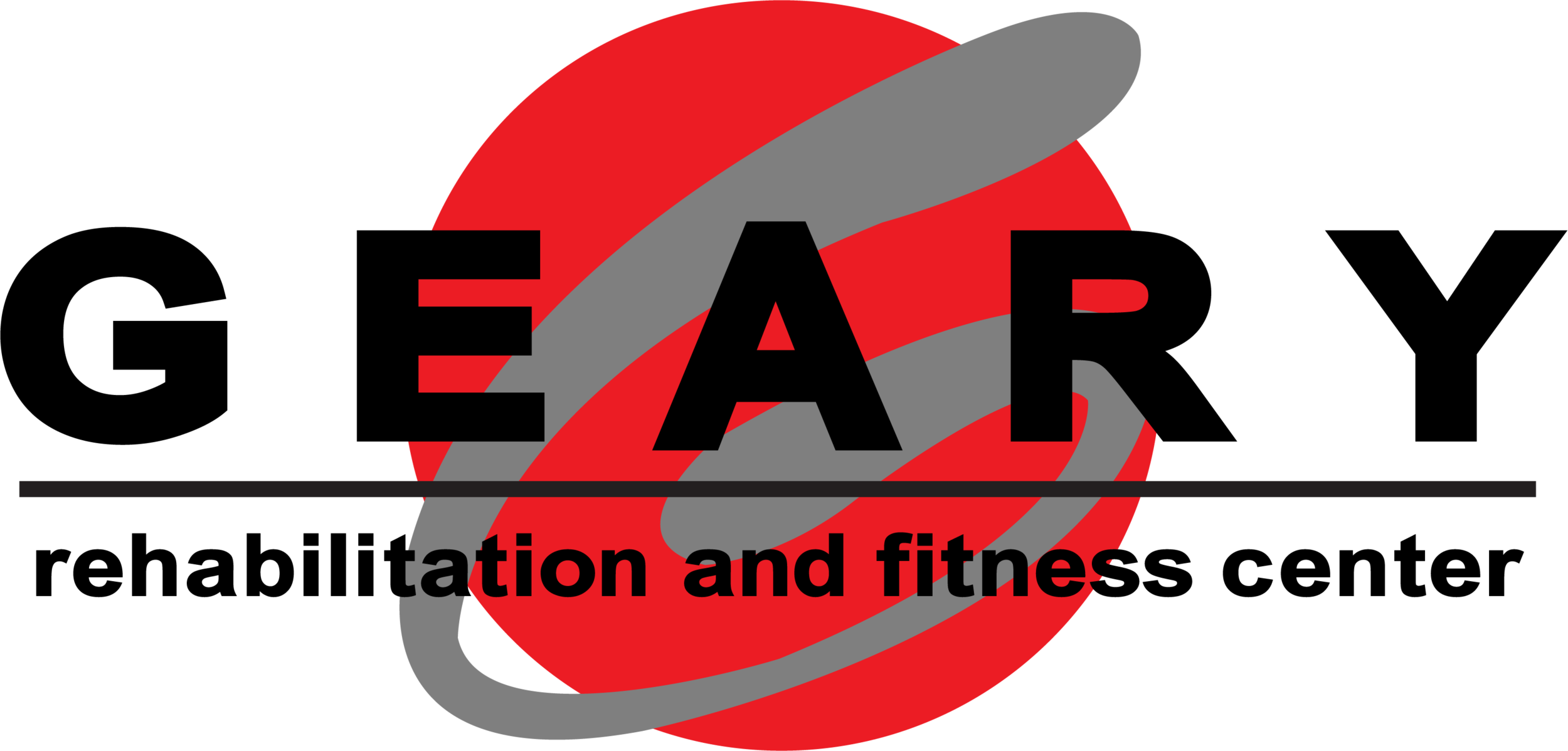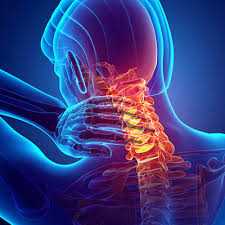5 Most Common Causes of Neck Pain
Neck pain is a common problem among people of all ages. Whether it’s waking up with a stiff neck or chronic neck pain that lasts weeks or months, the symptoms can cause significant disruption in people’s daily lives. People experience neck pain for a variety of reasons. The 5 most common reasons for neck pain that I see as a Physical Therapist are:
Stiff Joints/Tight Muscles: If you wake in the morning with a stiff neck and do not have chronic neck symptoms, then you are most likely experiencing stiff joints or tight muscles in your neck and/or shoulders. This can happen for a variety of reasons. Being positioned with your head tilted or turned for long periods of time at night can cause stiffness. Heavy exertion during exercise or activity can also cause strain in your neck and shoulders. Often times, gentle stretching and a few days of recovery will get you over the hump, but if symptoms last for more than 10 days, you may want to see your doctor or physical therapist.
Arthritis/Degenerative Joints: If you are older than 35 years old, you’ve probably developed some arthritis in your joints. Any joint in your body can have arthritis, including the joints in your neck. You have seven bones, and more than fourteen joints in your neck, and as you age the cartilage in the joints will degenerate. This does not always cause pain, but if the worn cartilage becomes inflamed, or wears down to the bony tissue underneath, you can experience symptoms. “Crunching” in your neck, stiffness in multiple directions, and symptoms lasting longer than two weeks may be a sign that arthritis may be an issue. Your best bet is to see your doctor or physical therapist for a thorough examination.
Degenerated/Bulging Disc: In between each of the aforementioned seven bones in your neck is a cushion called an intervertebral disc. The disc is like a shock absorber for your spine, and helps buffer compression. It also allows space between the bones to allow motion in the spine. Disc issues can arise spontaneously due to degeneration, but can also occur due to an injury. Disc injuries often cause pain in the back of the neck that stays near the middle of the spine, and can also refer pain down to your shoulder blades. If your neck pain is associated with any arm pain or numbness, you may have developed a disc bulge that is irritating a nerve in your neck. Issues like these are best handled by seeking professional medical attention from your doctor or physical therapist.
Muscle Imbalances: Some neck pain is related to how the muscles in your neck and shoulders function. Most muscles in your body have “partner muscles” that work opposite of each other. (For example: Your biceps bend your elbow and are partnered with your triceps, which straighten your elbow). Neck pain that comes and goes without apparent cause can be due to having certain muscles in your neck and shoulders that out-power their partner muscles. Having tightness in your upper traps which you can’t seem to get stretched out can indicate a muscle imbalance. When accompanied by a “long neck” appearance in the mirror, it may mean your shoulders are being pulled down by your latissimus muscles over-stretching your traps. This type of imbalance can happen in other ways also, and is best diagnosed by a physical therapist, or some other medical professional well versed in human anatomy.
Posture: Most of the first four causes of neck pain can be attributed to some type of postural problem, or may contribute to a postural issue. The most common postural problems that lead to neck pain are having a rounded upper back, shoulders positioned too far forward, and your head set too far forward. Poor posture can be corrected with a regimen of stretching and strengthening, but may require specific assessment and treatment from a physical therapist or other medical professional to help guide you in what to do.If you.
If you haven’t noticed the trend yet; my recommendation for most neck pain issues is to see your doctor or physical therapist. Unless your pain is transient in nature and resolves within a few days, it is usually best to be examined by a medical professional and get a qualified recommendation for the best way to treat and manage your condition. You can call your primary care physician, of course. However, depending on your insurance carrier, you can also see a physical therapist directly for an evaluation. We have more than a few of those at Geary Rehabilitation and Fitness Center, and would be happy to help if neck pain is an issue for you.
By John Leslie, DPT
John Leslie, DPT


